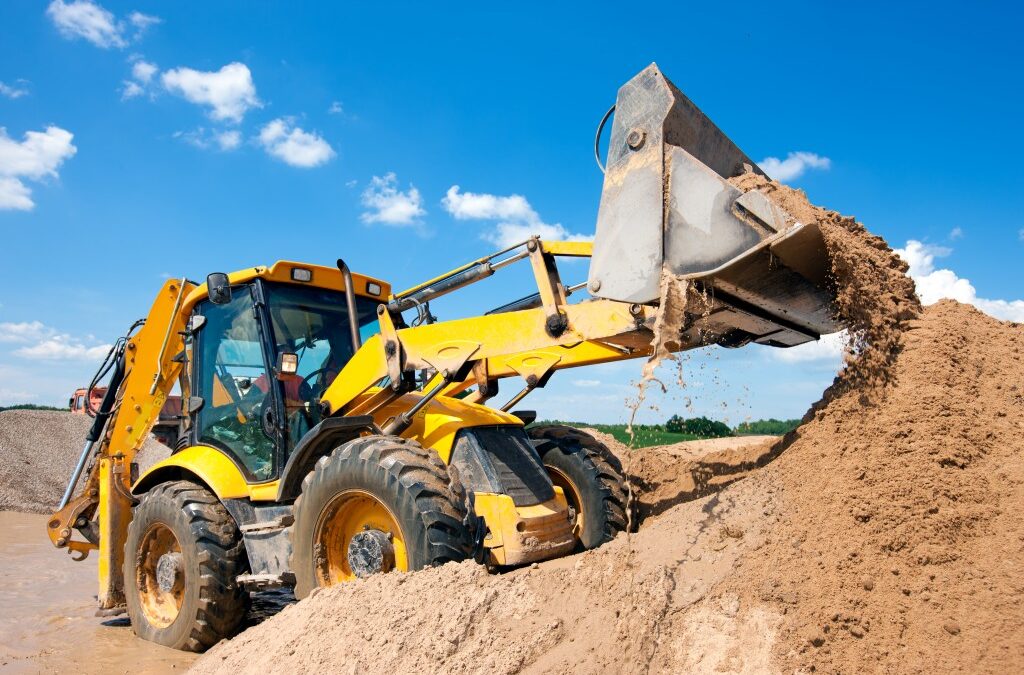If you’re hiring construction equipment, there is a good chance that significant time and money is being invested in the job that you’re carrying out. With everything budgeted, and schedules meticulously planned out, the last thing you need is a cost or time blowout that could’ve been totally avoidable. Unfortunately, when bringing in third party operators such as sub-contractors and hire companies, your ability to keep everything to plan starts to erode a little bit.
A lot can go wrong on a worksite, and each time something does happen that is out of your control, the implications on your time and your budget can really cause a sting. Of course, there isn’t much you can do about a sick worker who needs a few days off, or an equipment malfunction. These are factors that should probably be taken into account in the initial planning stages as potential occurrences. But, the more scrupulous you are as a site manager or the owner of a DIY project before commencing the project, the better you’ll be able to mitigate unideal situations.
If you’re organising equipment hire, have a look at the following five things you can do to maximise the chances of a successfully executed project:
- Always rent your machinery from a reputable business
Do as much research as you can before you decide on the rental company you’re going to use. Always check the reviews on the company’s website, and if you have contacts within the construction industry, reach out and ask if they have any experience with the company. Word of mouth is probably the most reliable form of research, and the best endorsement of a company when coming from a trusted source.
Also, pay attention to the rental company’s employees to get an understanding of their know-how. It’s usually pretty easy to identify a cowboy, but the more you know about the equipment, the better judge you can be of the competence of the company’s employees, which is inevitably a reflection on the company itself. If the employees are knowledgeable about their inventory and interested your project, they will be more effective as consultants who are there to make sure you hire the right equipment. On the other hand, if you’re just being told to hire the most expensive gear in the shop without showing too much interest in what you’re using it for, you may want to look elsewhere.
- Make sure the equipment operator is fully trained before you hire
One of the big concerns that should always be on your mind when renting construction equipment is safety. For the safety of everybody on site, it is critical that the operator of the equipment is adequately trained to use it. For some equipment, this may mean having to obtain a ticket. For smaller equipment, it may just mean undertaking a quick basic training session. A reliable hire company will be able to provide you with this basic training. They should offer training courses for everything from dismantling and erecting scaffolding through to operating backhoes. Some even offer web-based training. If the equipment operator already has the training under his or her belt then great, but if not, you’re going to need make sure the hire company offers the course you need to ensure safe use on site.
- Availability
It feels like it should go without saying, but the last thing you want is to be at the whim of equipment availability. A key part of the initial planning stages of a project is organising an exact date for delivery of hired equipment. Don’t start a project and then call the hire company when you need it, make sure well in advance that it will be available on the days that you need it. It’s a simple one but it’s also easy to overlook.
- Age of equipment
A reputable hire company will have high maintenance standards for their equipment. This may mean that some of the equipment will have been in circulation for a number of years. A lot of heavy equipment does have a long shelf-life, so if you see some older machinery in the yard, it’s not necessarily a bad thing. But, if everything is old, and is looking visibly worn out, then it might be a good idea to look at another hire company. A reputable Kubota dealer’s inventory should really only be a few years old.
- Product support
Get a comprehensive rundown of everything that is included in the rental package. A lot of heavy machinery requires regular maintenance, so you’ll need to know if an equipment technician will be sent out to your site to perform this, and if so, how often.
You’ll also want to check if delivery and collection is included in the service. This will determine whether or not you need to organise (and pay for) transportation of the equipment.
Finally, check the insurance details so you’re fully aware of what you are liable for.
Keep these handy tips on a checklist every time you contact an equipment hire company. It’s easy for things to slip your mind when on the phone or speaking to somebody in person so write it all down to make sure you’ve discussed everything you need to before signing the contract. Knowing you’ve gone over all the details means you can get on with the job at hand, and hopefully enjoy a smooth and successful project.


